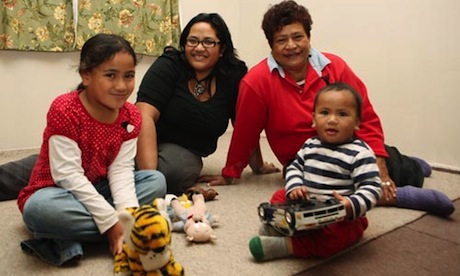The Families Commission has released a report Pacific families and Problem Debt which is based partly on discussions with members of Pacific communities and 25 agencies, such as budgeting services.
Many of the service providers and informants stated that belonging to, and fully participating in, churches was important to their Pacific clients. This included making financial contributions to the church.
A few participants commented that some churches encourage members to give what they can. The majority of participants, however, noted that church organisations and ministers can exacerbate the debt problem. Some churches publicly announce the amounts that were donated by family groups. This places pressure on families who do not want to lose face in front of their church members, and therefore aim to give more than they can afford. Some churches, however, are sensitive to their members’ needs, as the following examples demonstrate.
The research indicated that participants did not share a common view on the extent to which giving to churches exacerbated financial problems. Although there was some consensus – particularly in the Good Cents Porirua case – that giving to churches contributed to hardship, none of the families had directly found it a problem themselves.
The report found that Pacific peoples are more vulnerable to problem debt, but that there was little known about how Pacific families manage their finances.
It says that the churches can play an important role is helping Pacific Island families address problem debt by:
Education about budgeting and money management could be done by adapting styles of education, through families, schools, Pacific leaders, churches and communities. An example is the MIT “money management course” run by the pastors.
Leadership from the church and traditional leaders: Pacific churches are well positioned to lead initiatives, not just in financial literacy, but in many other aspects of a holistic approach to well-being (nutrition and health, careers and employment and education, for example). Churches have a role in encouraging families to give what they can afford, and discouraging them from competing when giving to the church.
Alternative ways of doing things: Better budgeting; ways of reducing costs (such as skyping the islands); in-kind rather than financial contributions to community.
Source
